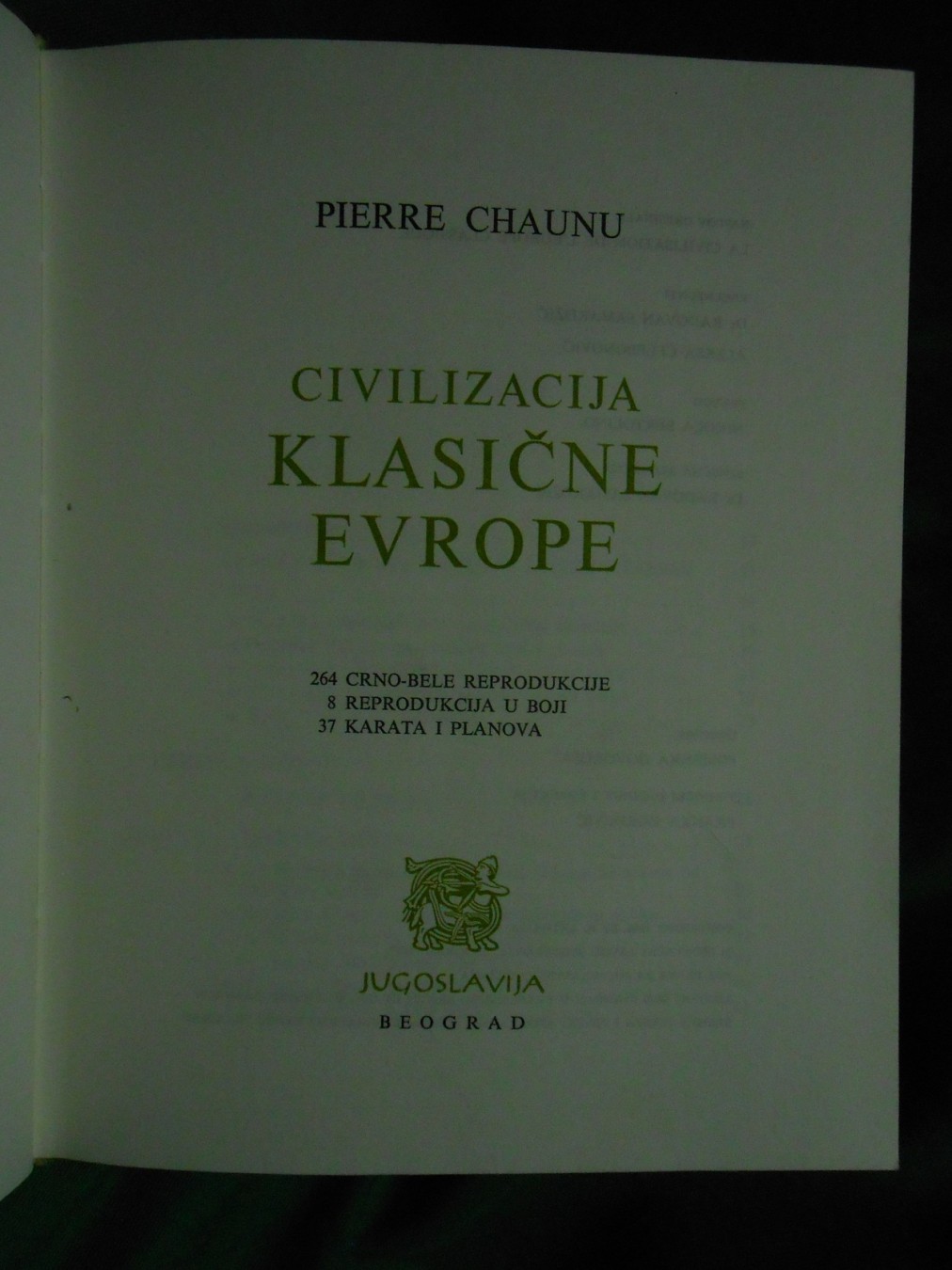
In the broad European context of this paradigm lies also the ideal of Montaigne, presented in the essay O wychowaniu dzieci. Those works, being very popular in their times, were the stencils of a new lifestyle which combined knowledge and political activity with the proprieties and refinement. The starting point of discussion about elite role model will be De oratore by Cicero, followed by the Renaissance code of a court member: Il Cortegiano by Baldassare Castiglione and its translations into European languages, with the special consideration of Dworzanin polski by Łukasz Górnicki. The basis for those analyses will be the works of Dante and poets of Duecento (Vita nuova).Ģ. The next thing we will discuss is evolution and revitalization of the chivalric code in the period of “The Autumn of the Middle Ages” and its extensions: the Italian one by the example of Orland szalony by Ludovico Ariosto and Jerozolima wyzwolona by Torquato Tasso, the Spanish one – Don Kichote by Miguel de Cervantes and the English one – Opowieść Rycerza by Geoffrey Chaucer.Ī single topic will be courtly love (amour courtois), which inspired both elite Provance poetry and Italian dolce stil nuovo, perpetuated in 13th and 14th century poetry in vulgari. We will analyze such texts as Pieśń o Rolandzie, excerpts of a novel by Chrétien de Troyes, Tristan i Izolda, songs of Marie de France.


Starting from Early Middle Ages epic, we will discuss the value system shaping chivalric code in the group aspect (military, religious and social values) following with the individual aspect (affective values – love – perfection of a knight as an individual).


 0 kommentar(er)
0 kommentar(er)
